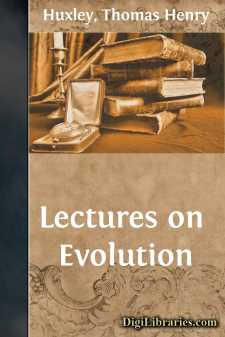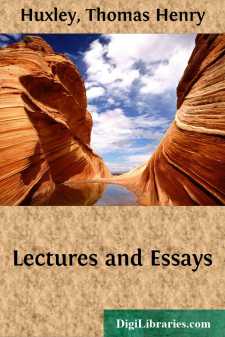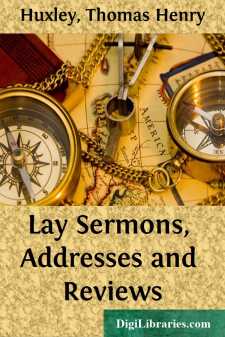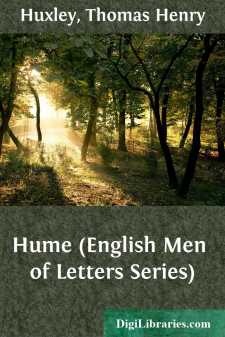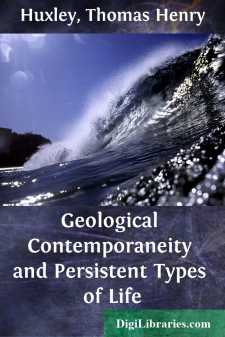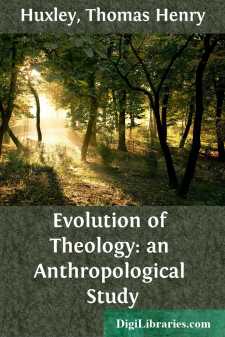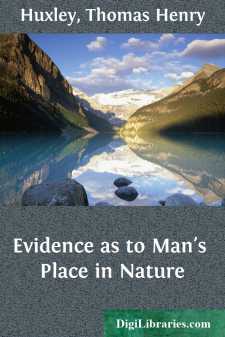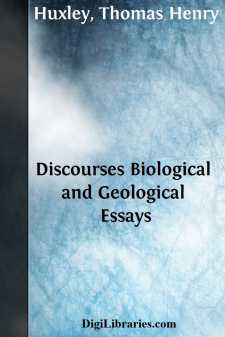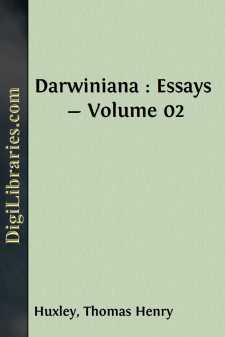Categories
- Antiques & Collectibles 13
- Architecture 36
- Art 48
- Bibles 22
- Biography & Autobiography 815
- Body, Mind & Spirit 144
- Business & Economics 28
- Children's Books 18
- Children's Fiction 14
- Computers 4
- Cooking 94
- Crafts & Hobbies 4
- Drama 346
- Education 58
- Family & Relationships 59
- Fiction 11833
- Games 19
- Gardening 17
- Health & Fitness 34
- History 1378
- House & Home 1
- Humor 147
- Juvenile Fiction 1873
- Juvenile Nonfiction 202
- Language Arts & Disciplines 89
- Law 16
- Literary Collections 686
- Literary Criticism 179
- Mathematics 13
- Medical 41
- Music 40
- Nature 179
- Non-Classifiable 1768
- Performing Arts 7
- Periodicals 1453
- Philosophy 65
- Photography 2
- Poetry 896
- Political Science 203
- Psychology 44
- Reference 154
- Religion 515
- Science 126
- Self-Help 85
- Social Science 82
- Sports & Recreation 34
- Study Aids 3
- Technology & Engineering 59
- Transportation 23
- Travel 463
- True Crime 29
Sort by:
I. THE THREE HYPOTHESES RESPECTING THE HISTORY OF NATURE We live in and form part of a system of things of immense diversity and perplexity, which we call Nature; and it is a matter of the deepest interest to all of us that we should form just conceptions of the constitution of that system and of its past history. With relation to this universe, man is, in extent, little more than a mathematical point;...
more...
I We live in and form part of a system of things of immense diversity and perplexity, which we call Nature; and it is a matter of the deepest interest to all of us that we should form just conceptions of the constitution of that system and of its past history. With relation to this universe, man is, in extent, little more than a mathematical point; in duration but a fleeting shadow; he is a mere reed...
more...
ON THE ADVISABLENESS OF IMPROVING NATURAL KNOWLEDGE. This time two hundred years ago—in the beginning of January, 1666—those of our forefathers who inhabited this great and ancient city, took breath between the shocks of two fearful calamities, one not quite past, although its fury had abated; the other to come. Within a few yards of the very spot on which we are assembled, so the tradition runs,...
more...
CHAPTER I. EARLY LIFE: LITERARY AND POLITICAL WRITINGS. David Hume was born, in Edinburgh on the 26th of April (O.S.), 1711. His parents were then residing in the parish of the Tron church, apparently on a visit to the Scottish capital, as the small estate which his father Joseph Hume, or Home, inherited, lay in Berwickshire, on the banks of the Whitadder or Whitewater, a few miles from the border, and...
more...
Some thousands of years ago there was a city in Mesopotamia called Surippak. One night a strange dream came to a dweller therein, whose name, if rightly reported, was Hasisadra. The dream foretold the speedy coming of a great flood; and it warned Hasisadra to lose no time in building a ship, in which, when notice was given, he, his family and friends, with their domestic animals and a collection of...
more...
MERCHANTS occasionally go through a wholesome, though troublesome and not always satisfactory, process which they term "taking stock." After all the excitement of speculation, the pleasure of gain, and the pain of loss, the trader makes up his mind to face facts and to learn the exact quantity and quality of his solid and reliable possessions. The man of science does well sometimes to imitate...
more...
I conceive that the origin, the growth, the decline, and the fall of those speculations respecting the existence, the powers, and the dispositions of beings analogous to men, but more or less devoid of corporeal qualities, which may be broadly included under the head of theology, are phenomena the study of which legitimately falls within the province of the anthropologist. And it is purely as a...
more...
ON THE NATURAL HISTORY OF THE MAN-LIKE APES Ancient traditions, when tested by the severe processes of modern investigation, commonly enough fade away into mere dreams: but it is singular how often the dream turns out to have been a half-waking one, presaging a reality. Ovid foreshadowed the discoveries of the geologist: the Atlantis was an imagination, but Columbus found a western world: and though...
more...
I ON A PIECE OF CHALK [1868] If a well were sunk at our feet in the midst of the city of Norwich, the diggers would very soon find themselves at work in that white substance almost too soft to be called rock, with which we are all familiar as "chalk." Not only here, but over the whole county of Norfolk, the well-sinker might carry his shaft down many hundred feet without coming to the end of...
more...
THE DARWINIAN HYPOTHESIS [1859] The hypothesis of which the present work of Mr. Darwin is but the preliminary outline, may be stated in his own language as follows:— "Species originated by means of natural selection, or through the preservation of the favoured races in the struggle for life." To render this thesis intelligible, it is necessary to interpret its terms. In the first place, what...
more...


